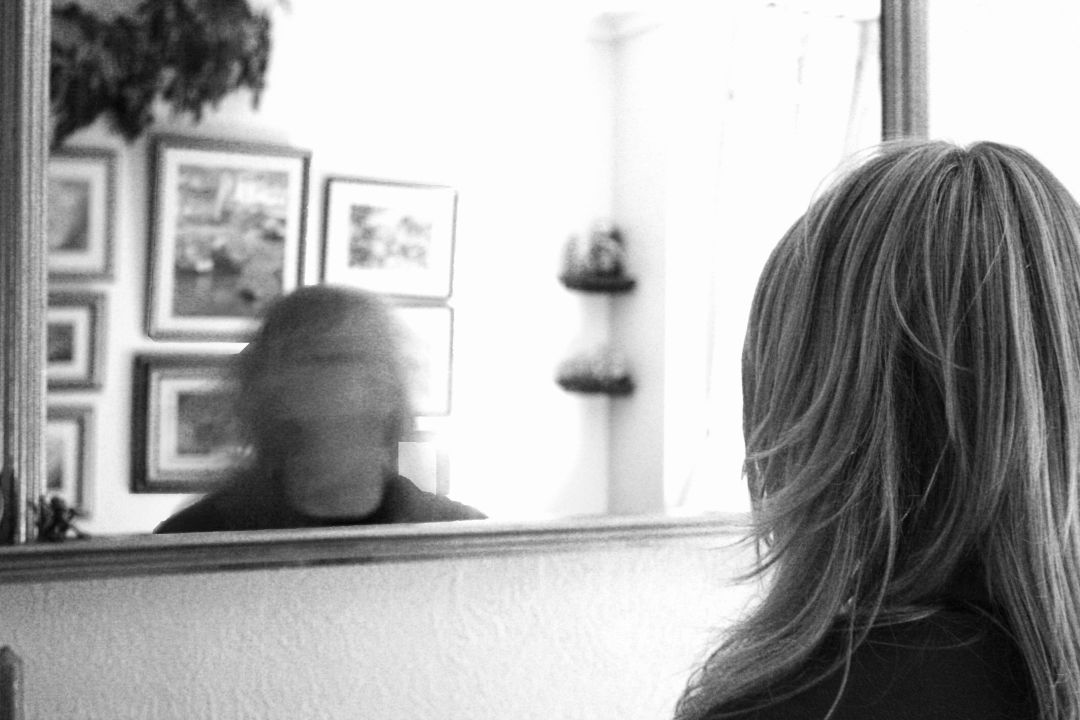EASA Provides Hope in Mental Health Crises

Image: Flickr/Beth Budwig
Seeing visions, hearing voices, drowning in delusions—3 in 100 people will suffer from symptoms of psychosis at some point in their lives. The National Alliance on Mental Illness (NAMI) defines a psychotic episode as a break from reality that involves perceiving things that are not real. Hormonal changes in the brain between the ages of 15 and 25 make young people particularly vulnerable to developing psychosis.
The Multnomah County branch of the Early Assessment and Support Alliance (EASA) offers a completely free, comprehensive, evidence-based, 2-year treatment program to young people suffering from psychosis. We sat down with EASA Program Supervisor Leticia Sainz to discuss common symptoms and EASA’s role in treatment.
SYMPTOMS: WHAT TO LOOK FOR
EASA is a voluntary program that admits clients via a referral process. “We get at least a third of our referrals from hospitals through crisis systems,” says Sainz. “In those scenarios someone is clinically described as being acutely psychotic.”
Acute psychosis involves complete immersion in an altered version of reality. Often that includes some form of paranoia, and may include auditory or visual hallucinations. Outwardly, psychosis presentation can vary from person to person. People may have limited facial expressions—clinically termed a flat affect. Some people have long pauses in communication, known as speech latencies, due to overstimulation in the brain. Conversely, people suffering from a manic psychotic episode can present as highly emotional and animated.
PROCESS & PROGRAM
Mental illnesses such as schizophrenia, schizoaffective disorder, and bipolar disorder are often viewed as life-altering illnesses that will require medication and treatment for life. EASA’s approach is more nuanced.
“Clients and their families say all the time that [the diagnosis] felt like a death sentence, and I think psychiatric medication is tied to that stigma,” Sainz says. “But recovery is possible, even without medication. If they are on medication, our goal is to have people on the lowest dose with the lowest amount of side affects for the best benefit.”
Sainz notes that psychosis recovery is most effective with a multitude of interventions and treatment. EASA’s community-based model includes family outreach, supportive employment, talk therapy, occupational therapy, multi-family groups, peer-support groups, and psychiatric consults. A healthy lifestyle is a huge part of treatment: getting enough sleep, eating well, exercising, and abstaining from substances all affect your mental health.
The innovative program is a progressive departure from traditional psychiatric models. “Long-term success is based on positive community involvement,” Sainz asserts. “It’s so important to feel connected; it takes away the bigness of this scary experience. We want to build a trusting relationship with our clients so that when and if they need more support, that foundation is already there.”

Image: Flickr/Joe Skinner
WHAT YOU CAN DO
Extensive studies show that immediate intervention following a psychotic episode can dramatically improve the odds of a full recovery. If you suspect that a young person in your life may be experiencing psychosis, encourage them to seek treatment as soon as possible. If you are looking for a qualified treatment program, reach out to your health care provider. Most Oregon counties have crisis lines that offer crisis counseling 24/7.
If you feel that the person is in danger of hurting themselves or others, consider calling 911 or taking them to the emergency room. Untreated psychosis can lead to neurological damage due to stress and overstimulation—particularly within the adolescent brain.
Psychosis is scary, but it is more common than you may think. Remember that you are not alone, and there are people trained to help you recover and live a happy, successful life.
Additional Resources
Multnomah County's crisis line: 503-988-4888 or toll free 1-800-716-9769
The National Suicide Prevention LifeLine: 1-800-273-8255
To request an EASA referral: 503-988-3272




